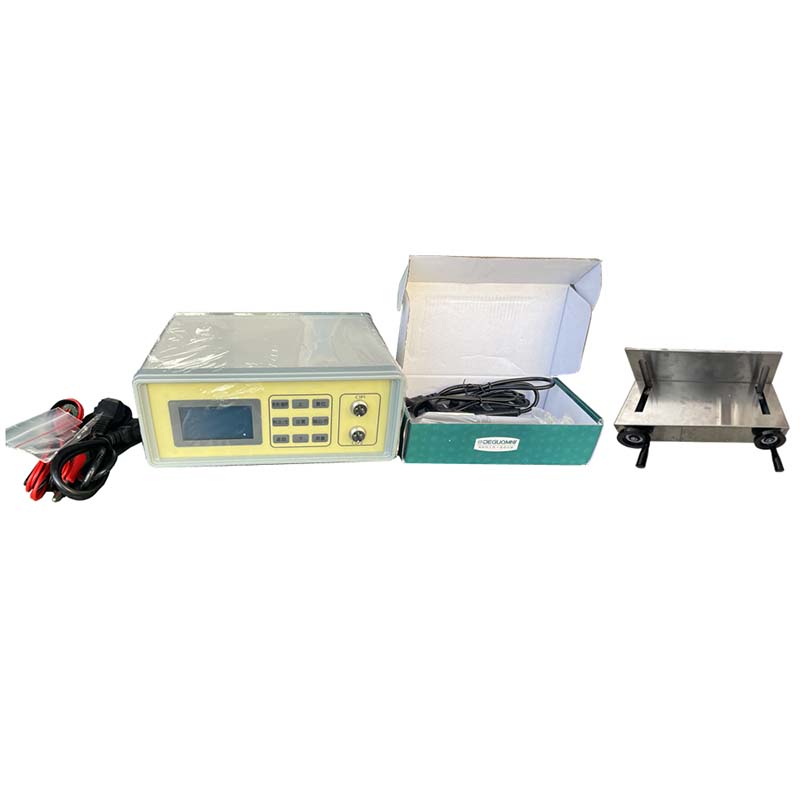Smoke Density Testing Equipment Suppliers and Manufacturers for Quality Assurance
Understanding Smoke Density Test Machines A Guide to Manufacturers
In the realm of fire safety, smoke density testing plays a critical role in evaluating the potential hazards of materials used in construction, insulation, and other applications. As industries continue to prioritize safety, the demand for smoke density test machines has seen a significant increase. This article explores the importance of smoke density testing, the features of these machines, and a few notable manufacturers in the market.
The Importance of Smoke Density Testing
Smoke density refers to the amount of smoke produced during combustion, which can significantly impact visibility and respiratory safety during a fire incident. High levels of smoke can overwhelm evacuation routes and compromise the effectiveness of smoke control systems. Therefore, regulatory bodies and safety standards organizations mandate that materials, especially those used in public buildings, undergo rigorous smoke density testing. These tests help ensure that products meet safety standards and give manufacturers a benchmark for material performance.
Key Features of Smoke Density Test Machines
Smoke density test machines are designed to measure the opacity of smoke generated from burning materials. While different testing methods exist, the most common international standard used is the ASTM E662, which requires a smoke chamber and optical density measuring equipment.
1. Automated Operation Modern machines are increasingly automated to enhance accuracy and reduce human error. Automation allows for precise control of temperature, oxygen concentration, and other critical variables during tests.
2. Real-Time Monitoring Advanced systems provide real-time monitoring and reporting of smoke density results. This feature aids in immediate decision-making and helps streamline compliance reporting.
3. Data Logging and Analysis Smoke density test machines often come equipped with software that logs test data for analysis. This data can be critical for manufacturers seeking to improve their materials’ fire safety profiles.
4. Compliance Capabilities Many machines are designed to meet various international standards, ensuring that manufacturers can use them for compliance across different regions. This is especially important for companies that operate globally.
smoke density test machine manufacturers

5. User-Friendly Interface With the complexity of testing, an intuitive user interface helps technicians operate the machines efficiently, reducing training time and potential errors.
Notable Manufacturers in the Smoke Density Test Machine Industry
As the need for smoke density testing grows, many manufacturers specialize in producing these machines. Here are a few notable names in the industry
1. LIPPKE & ASSOC. INC. Known for their innovative testing solutions, LIPPKE offers machines that meet rigorous standards and focus on durability and ease of use. Their products are often lauded for their reliability in high-volume testing environments.
2. Atlas Material Testing Technology Atlas specializes in a variety of testing equipment, including smoke density test machines. They provide comprehensive solutions involving testing, data collection, and analysis for industries ranging from aerospace to construction.
3. Mitsubishi Chemical Corporation This global company has a wide range of testing equipment, including advanced smoke density testers. Their machines are known for precision and compliance with international testing standards.
4. FITECH Testing Machines FITECH designs tailored testing solutions that meet specific customer needs. From entry-level to advanced smoke density testers, their focus on customer service and technical support sets them apart.
5. U.S. Testing Equipment This manufacturer offers a range of smoke density test equipment designed for ease of use and reliability. Their commitment to quality and service makes them a preferred choice for many testing laboratories.
Conclusion
Smoke density test machines are an essential component of fire safety testing, helping manufacturers ensure their materials meet the necessary safety standards. With advancements in technology, these machines are becoming more sophisticated, allowing for better accuracy and ease of use. As the demand for safer building materials increases, the role of smoke density testing and its manufacturers will continue to be integral to fire safety protocols across various industries. Investing in quality smoke density test machines from reputable manufacturers not only helps in compliance but also enhances overall safety in construction and material design.
-
Why the Conductor Resistance Constant Temperature Measurement Machine Redefines Precision
NewsJun.20,2025
-
Reliable Testing Starts Here: Why the High Insulation Resistance Measuring Instrument Is a Must-Have
NewsJun.20,2025
-
Flexible Cable Flexing Test Equipment: The Precision Standard for Cable Durability and Performance Testing
NewsJun.20,2025
-
Digital Measurement Projector: Precision Visualization for Modern Manufacturing
NewsJun.20,2025
-
Computer Control Electronic Tensile Tester: Precision and Power for the Modern Metal Industry
NewsJun.20,2025
-
Cable Spark Tester: Your Ultimate Insulation Assurance for Wire and Cable Testing
NewsJun.20,2025
 Copyright © 2025 Hebei Fangyuan Instrument & Equipment Co.,Ltd. All Rights Reserved. Sitemap | Privacy Policy
Copyright © 2025 Hebei Fangyuan Instrument & Equipment Co.,Ltd. All Rights Reserved. Sitemap | Privacy Policy
